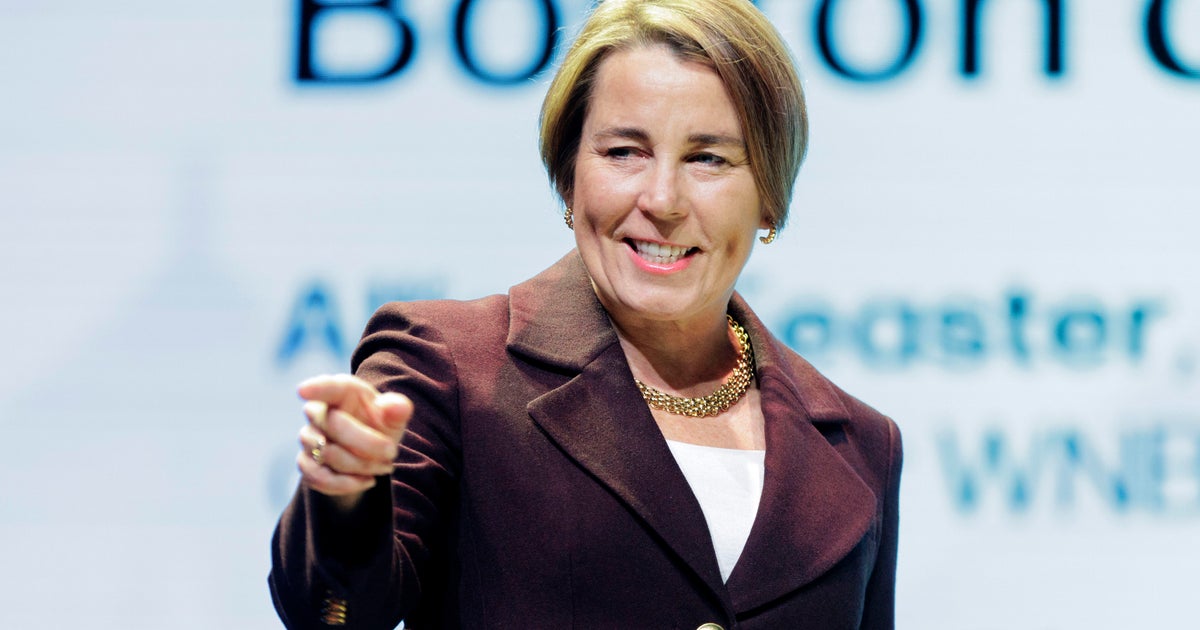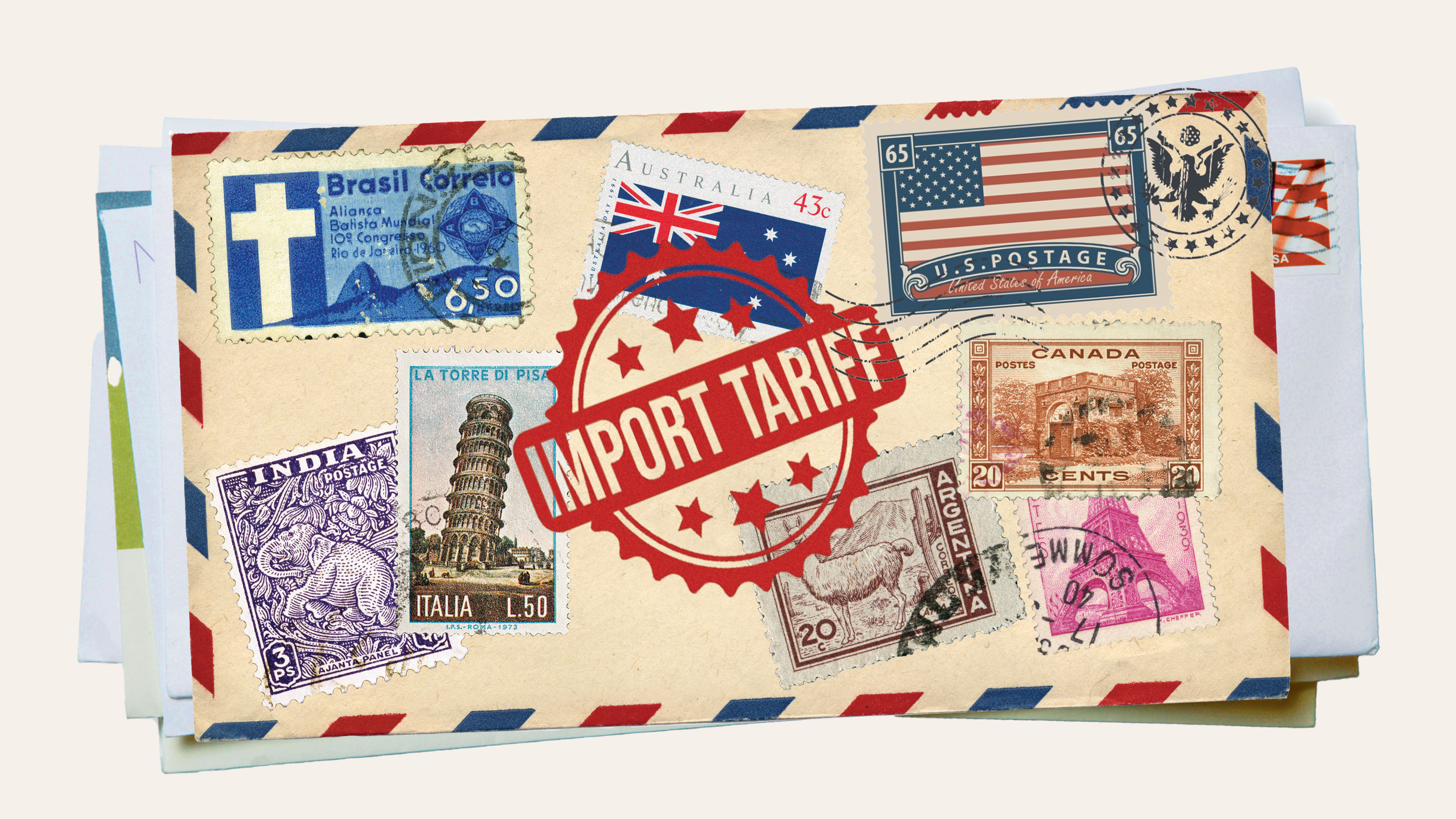Trump's China trade tweets dampen already low expectations for deal
President Donald Trump in a torrent of tweets dampened already low expectations for revived trade discussions with China that began in Shanghai on Tuesday. The White House had pushed to revive the talks, stalled since May.
"My team is negotiating with them now, but they always change the deal in the end to their benefit," Mr. Trump said of China in one of his tweets on the topic Tuesday morning.
Mr. Trump also suggested that China may be waiting until after the 2020 election to sign a trade deal, adding "if & when I win, the deal that they get will be much tougher than what we are negotiating now...or no deal at all." Mr. Trump later said China is "praying" for him to lose the election.
China may be thinking, "What's the point?"
"An alternative explanation for China failing to agree to a deal with Trump is based on his own actions. China asks itself, What's the point?," Chad Bown of the Peterson Institute for International Economics said in a tweet following Mr. Trump's postings. Any agreement now is likely to be a "short-term fix," he predicted.
Bown pointed to Trump's now withdrawn threat to slap tariffs on Mexican imports over a non-trade related matter -- immigration -- as one reason for Chinese negotiators to be wary.
China, trade agreement, trade, United States, Donald Trump, negotiation
The White House in May suspended its latest threat to slap tariffs on about $300 billion of imported Chinese goods that aren't already subject to the duties. U.S. businesses and ultimately consumers pay for tariffs, not the exporting countries like China.
Mr. Trump's threats aren't working, Hu Xijin, editor-in-chief of the Global Times, a state-sponsored news organization in China, suggested in a tweet on Tuesday.
"Whenever it's time to negotiate, the U.S. side comes up with the trick of piling pressure. Really not a good habit. Americans need to change their negotiating style, show more sincerity, not just wield [a] stick," he wrote.
Expectations already low
"In general there's not high expectations for these talks in Shanghai," David Dollar of the Brookings Institution said at an event in Washington, D.C., on Monday. Dollar said he was "hopeful" for a "mini-deal" that includes China resume some agricultural purchases from the U.S. it has stopped or shifted elsewhere after an earlier round of tariffs imposed by Mr. Trump.
Chinese state media reported late Sunday that the country is resuming buying some agricultural products from the U.S. But that "will not lead to a breakthrough," analysts at Height Capital wrote ahead of talks this week. The move, instead, likely means China expects the existing stalemate to continue, they wrote.
Mr. Trump's "desire to force a deal" is likely "offset by a desire to avoid negative economic data ahead of re-election," the Height analysts noted on Monday. That's probably what led to the May "ceasefire" in the trade war and "we expect it will remain a powerful motivator against additional escalation."
A more sweeping agreement involving technology transfer demands on U.S. companies by China and other major disagreements would take longer than this latest round of talks to negotiate, experts have said.
Fed says some businesses report slowing growth
Mr. Trump's tariffs, including those on the import of Chinese goods, are slowing growth in some sectors of the U.S. economy, according to the Federal Reserve's beige book released earlier this month.
U.S. gross domestic product slowed in the second quarter to 2.1%, slipping from the first quarter, the latest numbers showed last Friday.
"ATTN @realDonaldTrump: Everyone loses in a trade war, including the U.S.! Americans have paid $30 billion in tariffs aka taxes. Farmers are going bankrupt. The trade war is a drag on economic growth. Just look at last quarter GDP" a political group called Tariffs Hurt the Heartland said in a tweet pointing to a Wall Street Journal editorial on the topic.
So the Trump administration may be cautious about moving forward with the new threatened tariffs. Still, they may also decide it's not in their political interest to pare back those already in place, Brookings' Dollar said.
U.S. stocks dipped slightly Tuesday after Mr. Trump's remarks amid the new round of negotiations with China and ahead of tomorrow's widely anticipated Fed decision on interest rates.





